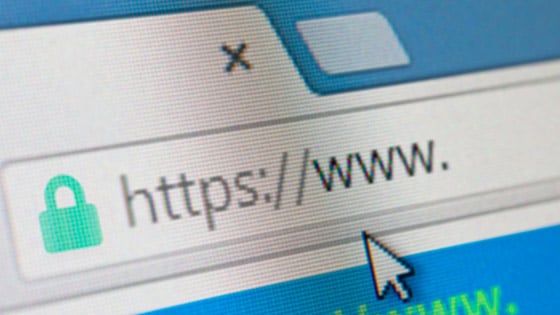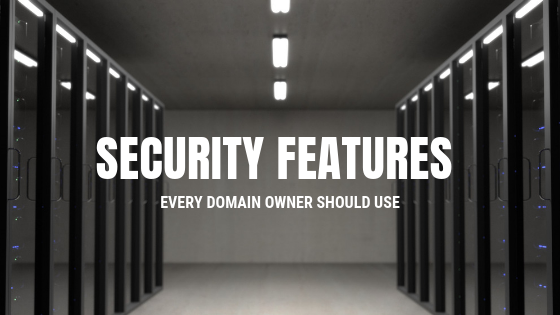
Methods You Can Use To Evaluate Web Hosting Providers
A reliable web hosting provider can assist you with the registration of your domain name and the tools you need to publish a secure and powerful website.
Internet security is essential in protecting sensitive data, maintaining privacy, and ensuring safe online interactions. As cyber threats grow more sophisticated, businesses and individuals risk data breaches, financial losses, and identity theft without strong security measures.

A reliable web hosting provider can assist you with the registration of your domain name and the tools you need to publish a secure and powerful website.

Ensuring website security is not a one-off task, but in taking action now, you are already ahead when it comes to hack-proofing your website.

101domain is committed to providing the highest level of service to our customers. We combat Domain Name System Abuse and make the internet a trusted space.

If you didn't hear about the security breach that expolited some of the web's largest registrars, here’s what happened. P.S. 101domain was not affected!

Enterprise organizations leave themselves and their digital assets open to attack if they fail to extend SSL on the backend systems used internally.

Even as web browsers are relocating SSL security indicators, Extended Validation certificates prove to be more important than ever in today’s digital age.

In this article, we'll take a close look at how DNS firewalls work and why it's essential to have premium DNS with Cloudflare in your security strategy.

In the sea of domain registrars, it’s not always easy to find someone you can trust. Read on to learn about the most important security features.

China's attack on Telegram Messenger illustrates the worrying amount of power that China can command when it comes to DDoS cyber attacks.

Employing outside web developers has become a standard business practice today, but it does increase risk due to security concerns.